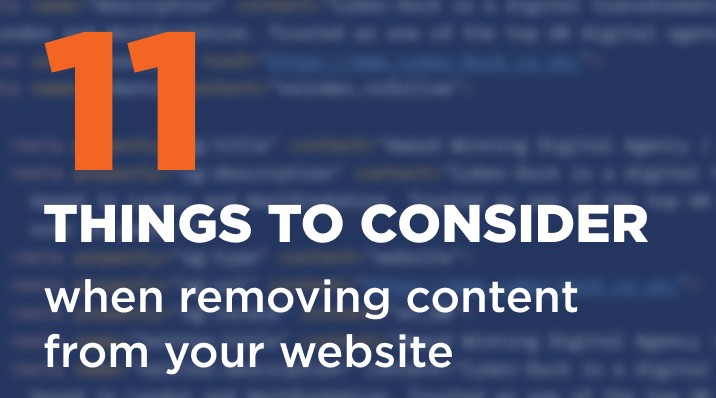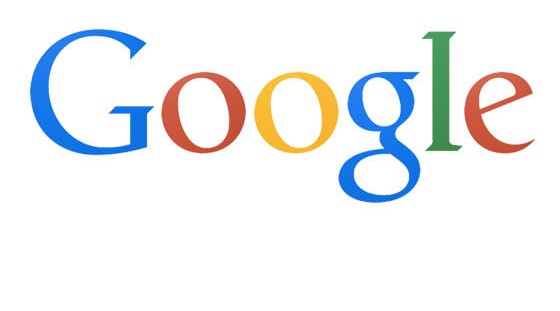Google has been updating their search engine algorithms over the last few weeks with a total of 52 updates in April. Panda and Penguin, the names for the two major updates have made some significant changes to the rankings of many websites. Find out about these changes and how you can recover if any of your websites have been negatively affected.
These new updates are part of a long term goal of Google to clean up search engine results by placing greater importance on websites with original, relevant content.
Panda is the name one of the major search engine algorithms used by Google. It was updated at the end of April 2012 and is designed to reward websites that contain original, relevant content. At the same time, it works to down-rank websites or pages that were recognized as being ‘spam’. These spam websites include ones that host duplicated content or do not include any original high quality content.
Google also released an update to their Penguin search algorithm. The purpose of this update is to filter out websites that use shady techniques to increase web rankings. However, where the Panda update seeks to make changes to onsite optimization such as keyword density and keyword stuffing, the Penguin update concentrates on offsite details including backlinks and social indicators.
What can I do if I have been affected?
There have been a number of people who have noticed that the recent updates to Google search have changed where their website is currently ranking on search results. Despite Google’s claim that these new changes will only affect websites that do not contain original content, it seems that there are many genuine websites that have been following Google’s guidelines, but have seen negative results since the update.
There are a few changes that you can make to your website if you have been negatively affected by the recent changes to Google search.
Penguin Update Changes
Paid Links
If you have any links with matching anchor text coming in to your website that have been paid for, simply for the purposes of Search Engine Optimisation (SEO), you will find yourself penalised under Google’s guidelines. Remove these links as soon as possible.
Guest Posts on Low Ranking Pages
Guest posts are a great way to get quality links, but make sure that any links you have coming in from these blogs are from reputable websites. Getting links from websites that do not rank well with Google will lower your own website rankings too. Be careful when choosing where to publish guest posts.
Spam Comments
Google has cracked down on users leaving links in comments on high ranking websites. When the anchor text matches exactly, Google gets suspicious and may start down ranking your website for that search term.
Beware of Bad Sites
This is similar to the point on guest posts, but is less directly manageable by you. Any incoming links you have from websites that Google has deemed ‘bad’ are extremely dangerous for your online reputation. Bad websites might be flagged for malware, have too many popups or other spam and can cause problems with your rankings. Make sure to check where your incoming links are from and ask them to remove any that are from less than desirable sources.
Panda Update Changes
Duplicate Content
A key part of the Panda update is to reward websites that publish original content. This means that any information on your website that has been published either on another page or somewhere else in its entirety is going to suffer. Google provides some useful webmaster tools that enable you to check how much duplicate content is on your site and offers a guide about rel=canonical to specify a preferred version of that content. There is also a valuable online tool at schema.org to ensure that you are credited as the original author of any original content on your website.
Great Content
It is imperative that the content you are writing on your website is well-written, informative, easy to read and relevant to your website products or services. This means taking time to write with care, or even get third party copywriter in to help you with managing the content.
IIS Crawl
A website analysing tool such as IIS Site Analysis will crawl through your website and detail any problems with the coding. This includes markup errors, missing alt tags and broken links. As these are considered important for user experience, Google will be looking at any errors it finds on your website and adjust your ranking accordingly if it deems your website not to be user friendly.
Recovering from these Updates
With the latest Google update to their search engine algorithms, now is the perfect time to evaluate your website. This means checking your websites analytics to ensure organic traffic has not dropped and making sure that all content is up to date and relevant. You should also analyse where your inbound links are coming from and if your website relies heavily on referral traffic then make sure your referrers are still receiving decent traffic and that they have not dropped as a result of these updates. It could also be a great time to get your website updated before your competitors and start taking advantage of the various companies who have not been playing the Google search game completely fairly.



